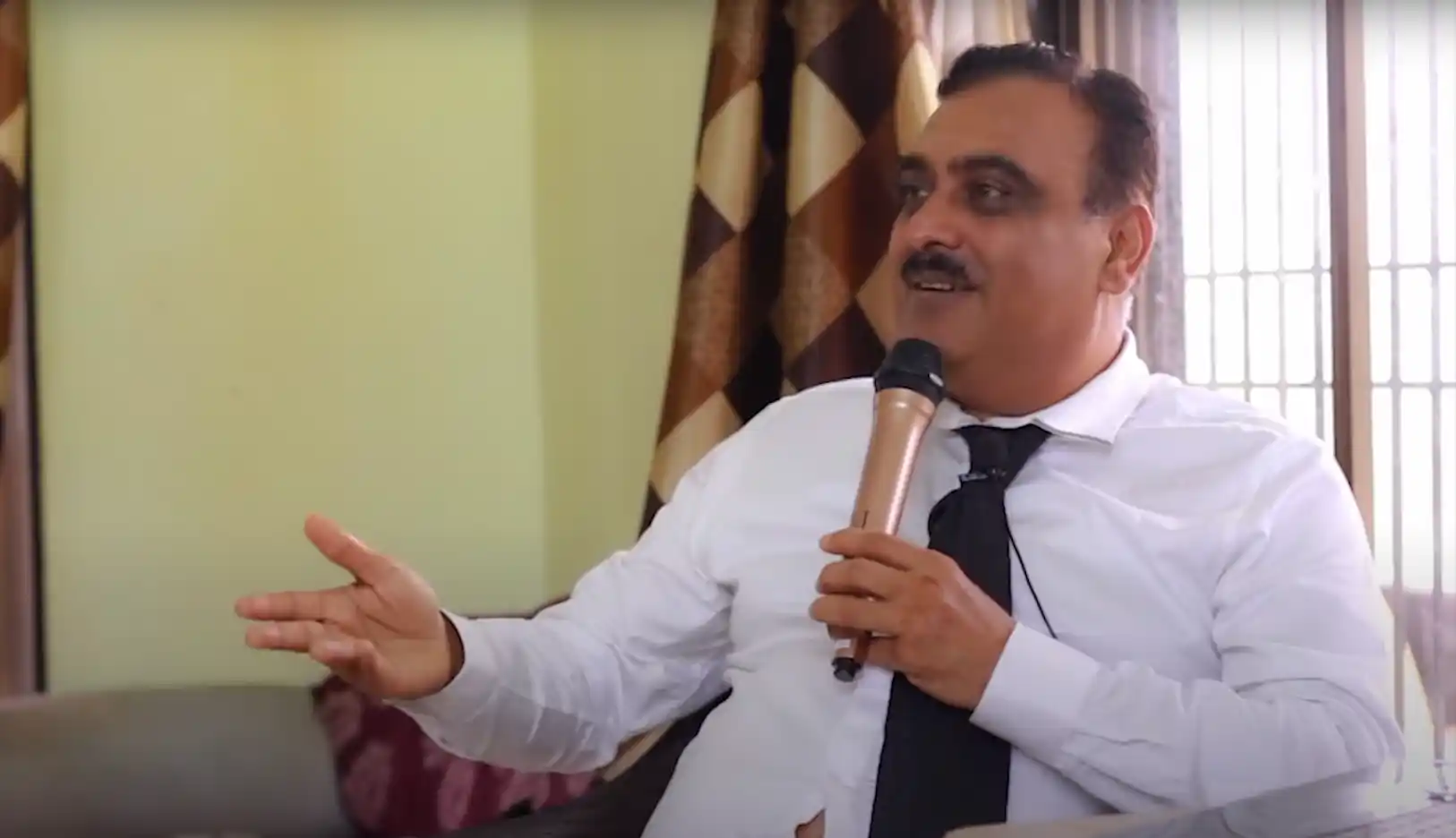Get Consultation regarding your Disease with our Expert, Sign Up now



A program that will help you if…
Suicidal thoughts, also known as suicidal ideation, involve having persistent thoughts or plans about ending one’s own life. This condition can be a symptom of various mental health disorders, including depression, anxiety, bipolar disorder, and schizophrenia. Suicidal thoughts can range from fleeting thoughts of death to detailed plans for suicide, and they often stem from feelings of hopelessness, overwhelming distress, or a perceived lack of options. These thoughts can be triggered by life events such as trauma, loss, or severe stress.
It is crucial to address suicidal thoughts with urgency, as they can escalate into a crisis if left untreated. Treatment typically involves a combination of psychotherapy, such as cognitive-behavioral therapy (CBT), and medication to address underlying mental health conditions. Immediate support can also be provided through crisis hotlines, support groups, and emergency services. Early intervention and a supportive network are essential in managing suicidal thoughts and ensuring the safety and well-being of individuals experiencing them.
The most popular questions to discuss mental health
Suicidal thoughts, or suicidal ideation, involve persistent thoughts or plans about ending one’s own life. These thoughts can vary from fleeting and passive to detailed and active plans.Thoughts of death or wishing to be dead without a specific plan.Detailed plans or thoughts about how to carry out a suicide attempt.
Mental Health Disorders: Conditions such as depression, anxiety, bipolar disorder, and schizophrenia can increase the risk of suicidal thoughts.
Life Events: Trauma, loss, abuse, or significant life stressors can trigger or worsen suicidal ideation.
Biological Factors: Imbalances in brain chemicals and genetic predispositions can contribute.
Social Factors: Isolation, lack of support, and dysfunctional relationships may exacerbate feelings of hopelessness.
- Persistent feelings of hopelessness or worthlessness.
- Extreme emotional distress or anguish.
- Detachment or withdrawal from others.
- Making final arrangements or giving away possessions.
- Increased risk-taking or self-destructive behavior.
- Changes in sleep patterns, appetite, or energy levels.
- Preoccupation with death or dying.
- Difficulty concentrating or making decisions.
Emotional Symptoms:
Behavioral Symptoms
Cognitive Symptoms:
Mental Health Evaluation: A mental health professional will conduct a thorough assessment, including evaluating the intensity, frequency, and nature of suicidal thoughts.
Screening Tools: Tools such as the Columbia-Suicide Severity Rating Scale (C-SSRS) or the Beck Scale for Suicide Ideation (BSS) may be used.
Risk Assessment: Identifying risk factors and determining the level of immediate risk to the individual.
Cognitive-Behavioral Therapy (CBT): Helps individuals identify and challenge negative thought patterns and develop coping strategies.
Dialectical Behavior Therapy (DBT): Focuses on emotional regulation and interpersonal effectiveness.
Antidepressants, mood stabilizers, or antipsychotic medications may be prescribed to manage underlying mental health conditions.
Crisis Hotlines: 24/7 helplines offer immediate support and guidance.
Emergency Services: In cases of imminent risk, immediate intervention through emergency services or hospitalization may be necessary.
Support Networks: Engaging with support groups, community resources, and a strong personal support system can aid recovery.
Developing a Safety Plan: Creating a plan with coping strategies and emergency contacts for times of crisis. Building Resilience: Engaging in regular self-care practices, such as exercise, healthy eating, and stress management techniques. Establishing Support Systems: Strengthening connections with friends, family, and mental health professionals. Education: Learning about mental health conditions and suicide prevention can empower individuals and communities to address and reduce risk.






